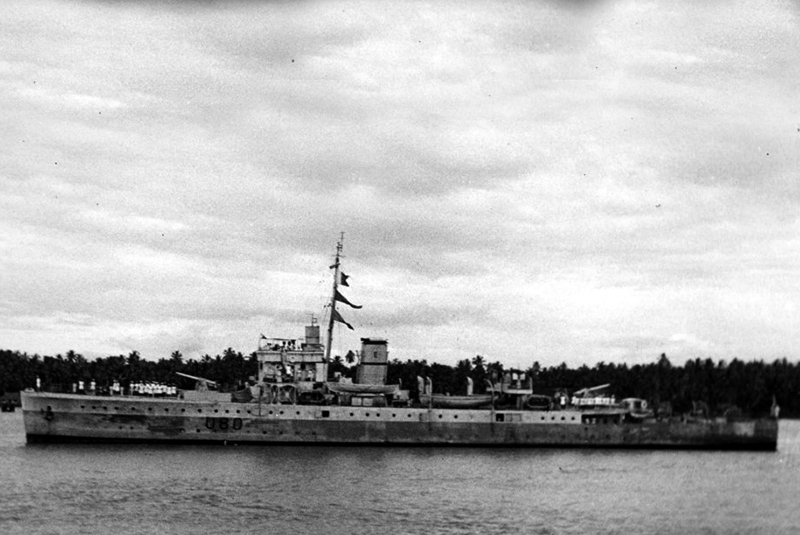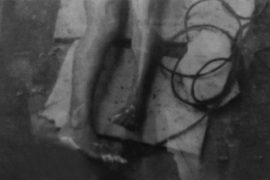On February 21, 1946, Sub-Lieutenant R.K.S. Ghandhi was onboard the HMIS Shamsher as it returned to the port of Bombay. World War II had ended, and the Indian Navy was being demobilised. Sailors like Ghandhi and the other Indian officers of the Royal Indian Navy (RIN) were wondering at their place in the Empire; caught between loyalties to the crown they served and the nation they felt more a part of.
One of the most significant events in the history of the Indian Armed Forces was about to take place – a revolt, unparalleled since the Rebellion of 1857. Ghandhi, who later served as Vice Admiral of India’s Western Naval Command, reported the aftermath.
About 48 hours later we entered Bombay harbour to find the entire Indian Navy at anchor with black flags flying from the mastheads.
He had heard it first on the radio. Gurkha soldiers of the Indian Army had stormed a Navy ship in Karachi – the ringleader of a Naval revolt that had caught the attention of the nation for five tense days. When Shamsher docked in Bombay, its crew saw soldiers in Khaki standing guard on the decks of all the other Navy ships. The black flags had been raised in surrender.
-30-
Copyright©Madras Courier, All Rights Reserved. You may share using our article tools. Please don't cut articles from madrascourier.com and redistribute by email, post to the web, mobile phone or social media.Please send in your feed back and comments to [email protected]











